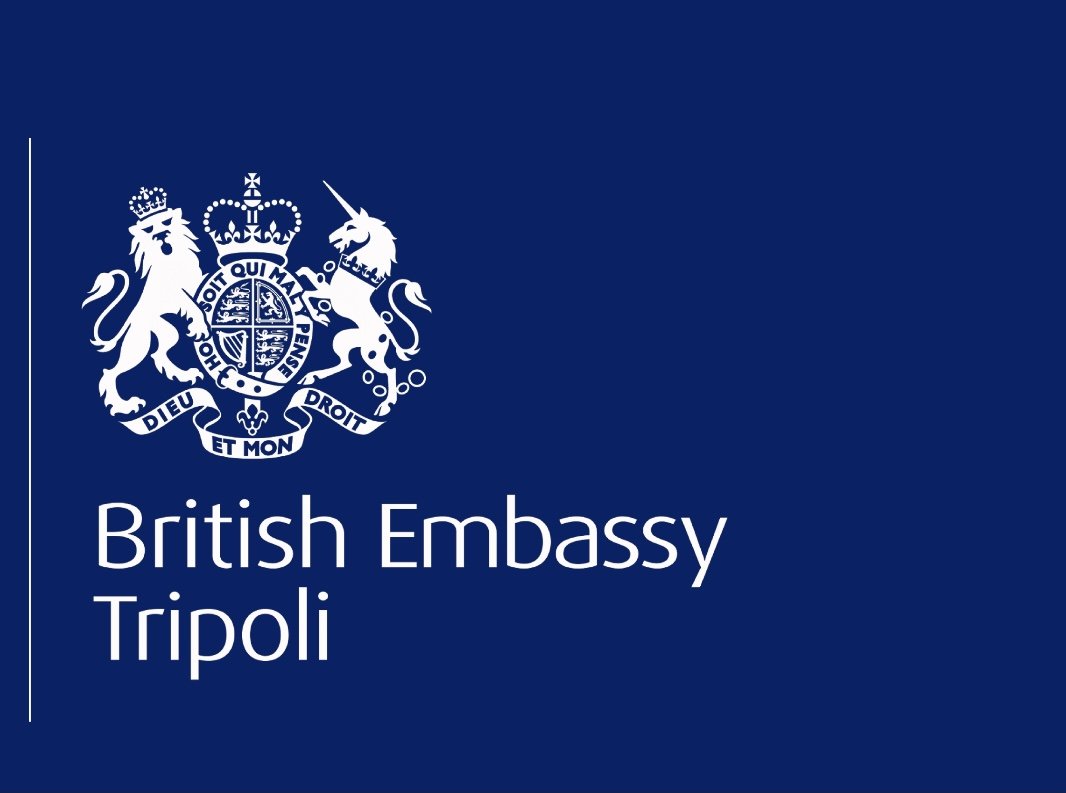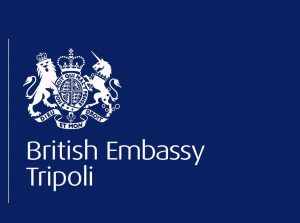By Sami Zaptia.
London, 27 December 2021:
Following its 24 December statement and the House of Representatives’ reaction to it, the UK has clarified its position on Libya’s elections and its caretaker government in the meanwhile.
It will be recalled on 24 December the UK embassy in Tripoli said as part of a tweeted ‘‘As per the Libyan Political Dialogue Forum (LPDF) Roadmap and the Libyan Political Agreement (LPA), the UK continues to recognise the Government of National Unity as the authority tasked with leading Libya to elections and does not endorse the establishment of parallel governments or institutions.’’
The section of the statement that reads ‘‘the UK continues to recognise the Government of National Unity as the authority tasked with leading Libya to elections and does not endorse the establishment of parallel governments or institutions’’ irked many Libyans and was interpreted as support for Abd Alhamid Aldabaiba and his government and interference in Libya’s internal politics.
It was found particularly objectionable by various power stakeholders who have ambitions to assume the role of a (another) caretaker prime minister until elections actually take place.
The statement by the Tripoli UK embassy was also objected to by Libya’s parliament, the House of Representatives (HoR).
In a statement on 25 December, the HoR Foreign Affairs Committee said it deplored the unacceptable interference by Britain in Libya’s internal affairs. It stated that the choice of a new government or the continuation of the current one is a choice for the HoR and that all should respect the democratic rule.
As a result of the social and traditional media negative reaction to the UK statement, the UK was forced to issue a clarifying statement yesterday. In it, it said:
‘‘The UK is firm in its commitment to the ongoing political process in Libya and the holding of prompt parliamentary and presidential elections. We share the disappointment of the Libyan people that it was not possible to hold these elections on 24 of December, and call on all the relevant authorities to work on delivering these elections with minimal further delay, in order that the Libyan people can make their choice in fair and inclusive elections.
As stated with our P3 + 2 partners, the UK is clear that the transfer of power from the current interim executive authority to the new executive authority shall take place following the announcement of the results of such early and prompt parliamentary and presidential elections. And, importantly, to avoid conflicts of interests and to promote a level playing field, candidates holding roles in public institutions should continue vacating them until the announcement of the electoral results.
We support the Libyan House of Representatives in its calls for the cooperation of all parties in creating the right conditions for elections as soon as possible. The UK does not support any individual, but continues to commend the work of HNEC and other relevant institutions to deliver elections that reinforce the independence, sovereignty and unity of Libya.’’
Hence, as far as the UK is concerned ‘‘it is clear that the transfer of power from the current interim executive authority to the new executive authority shall take place following the announcement of the results of such early and prompt parliamentary and presidential elections.’’
Equally, the statement said ‘‘candidates holding roles in public institutions (which include prime minister Abd Alhamid Aldabaiba and HoR head Ageela Saleh) should continue vacating them until the announcement of the electoral results.’’
It is clear the British hold the view that neither PM Aldabaiba nor HoR head Saleh should resume their roles as long as they remain candidates in the planned elections.








